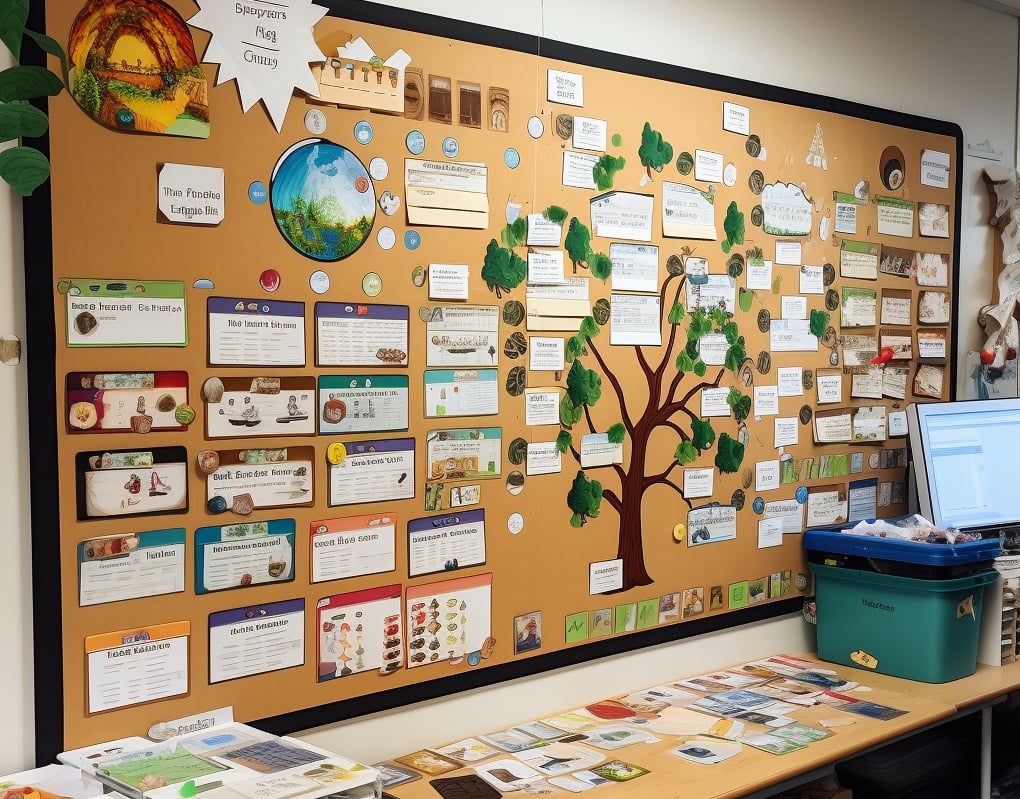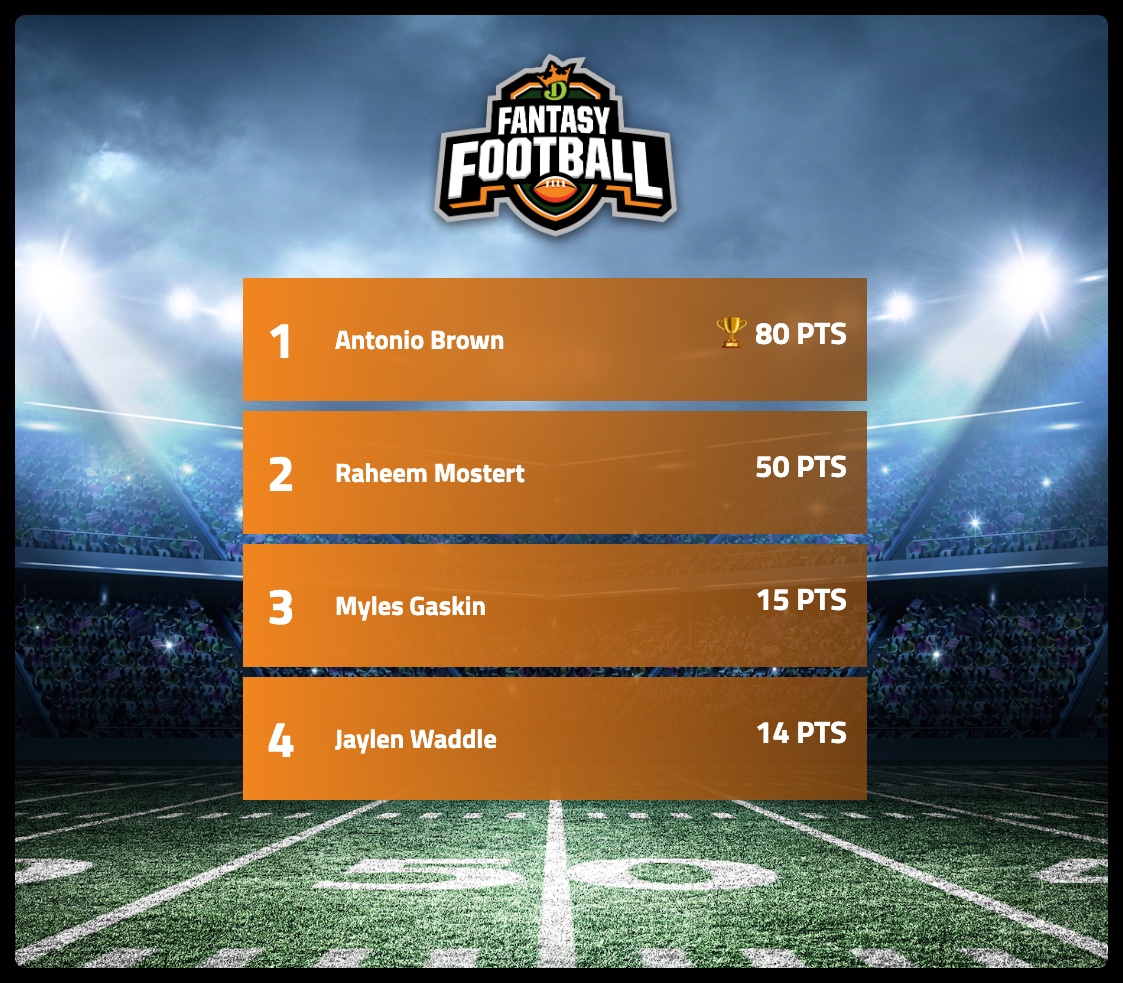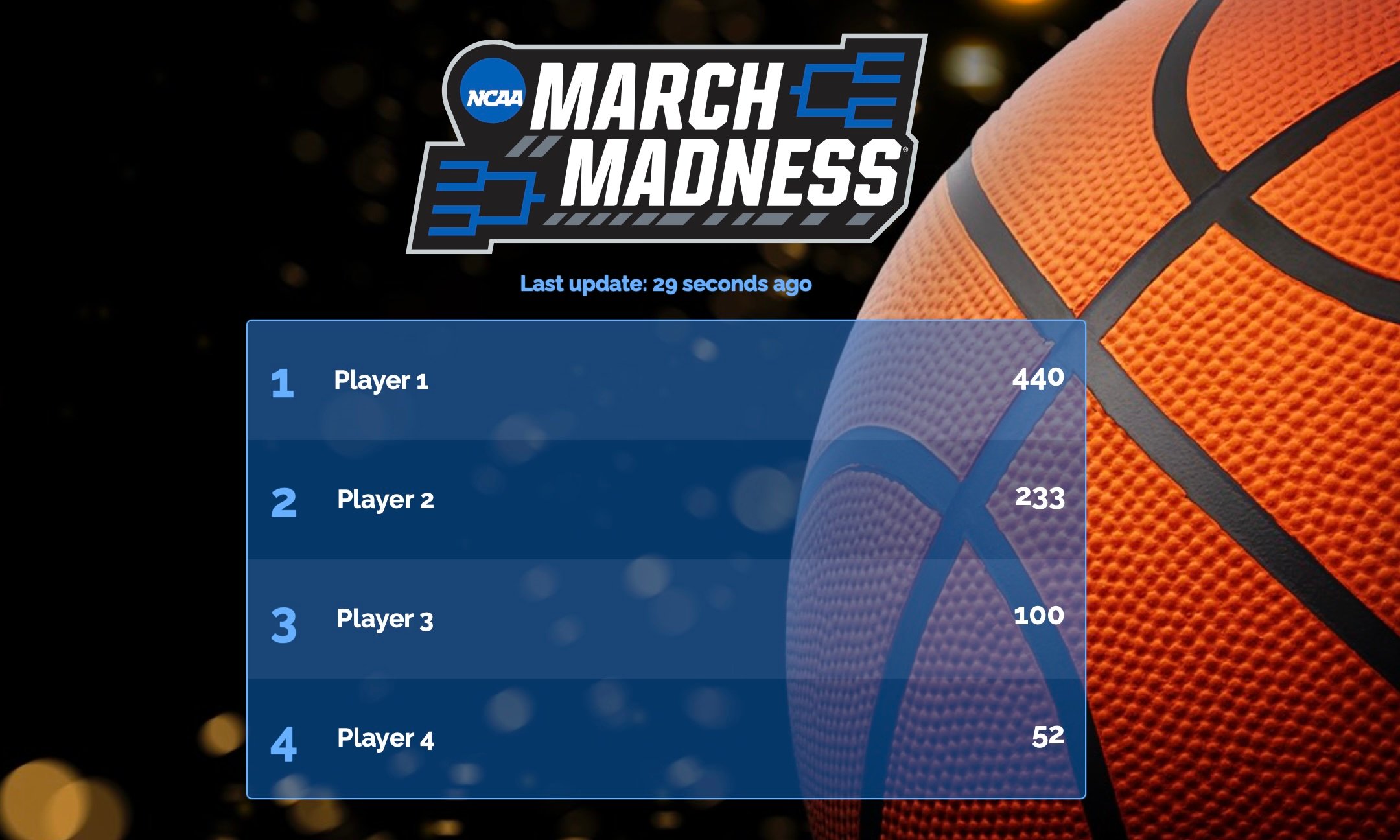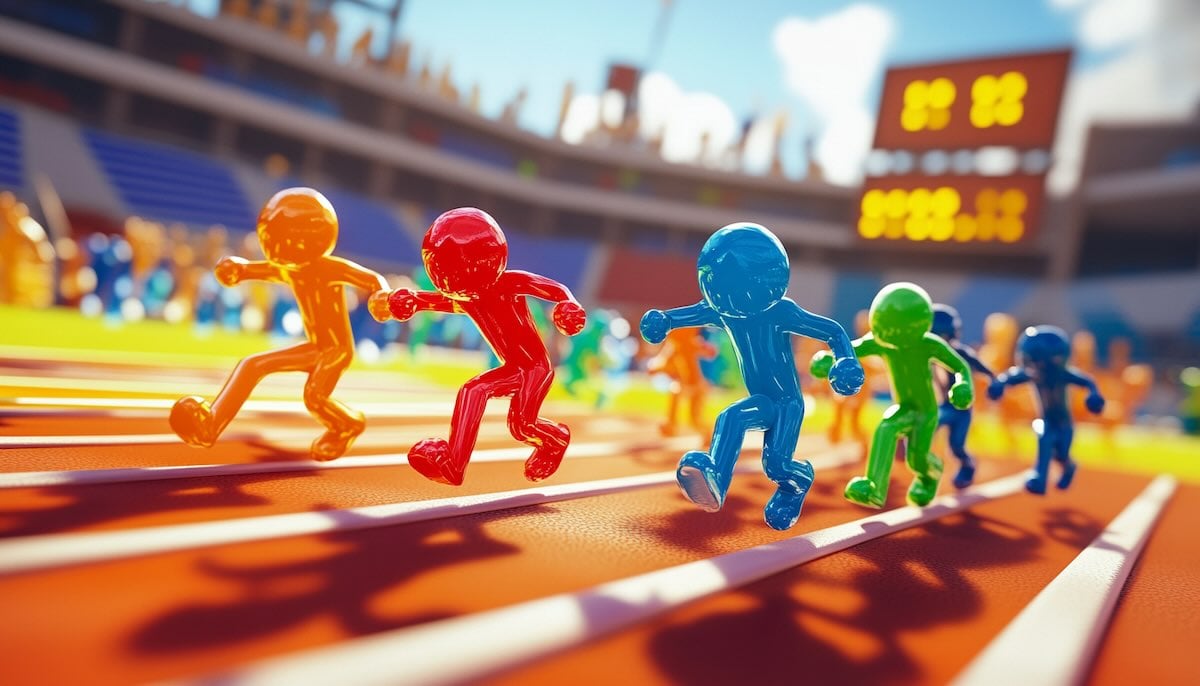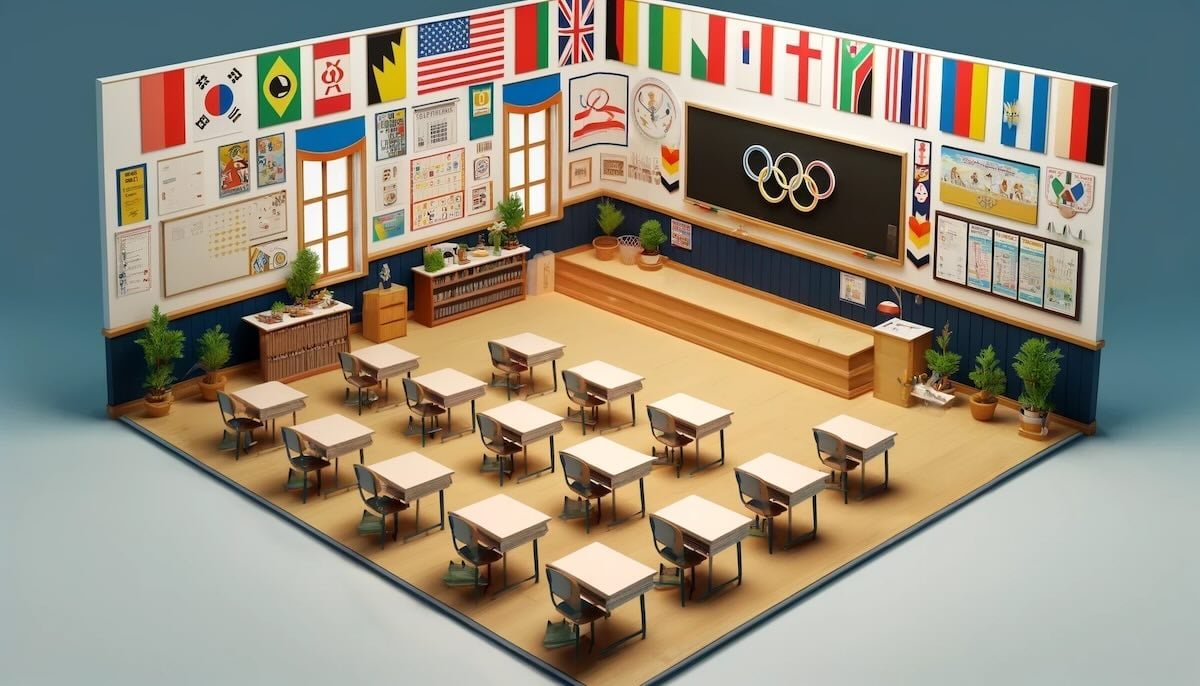
The Olympic Games bring excitement and a competitive spirit that can be harnessed in educational settings. Utilizing an online leaderboard it easy to add a layer of excitement to these events. For broader guidance on creating effective reward and recognition systems in the classroom, see our classroom reward system guide.
For teachers and educators looking to incorporate Olympic-style games in their classrooms, Keepthescore.com offers an accessible and versatile tool. It’s free to start and creates a standalone leaderboard page that can be shared easily.
Creating Your Classroom Olympic Leaderboard
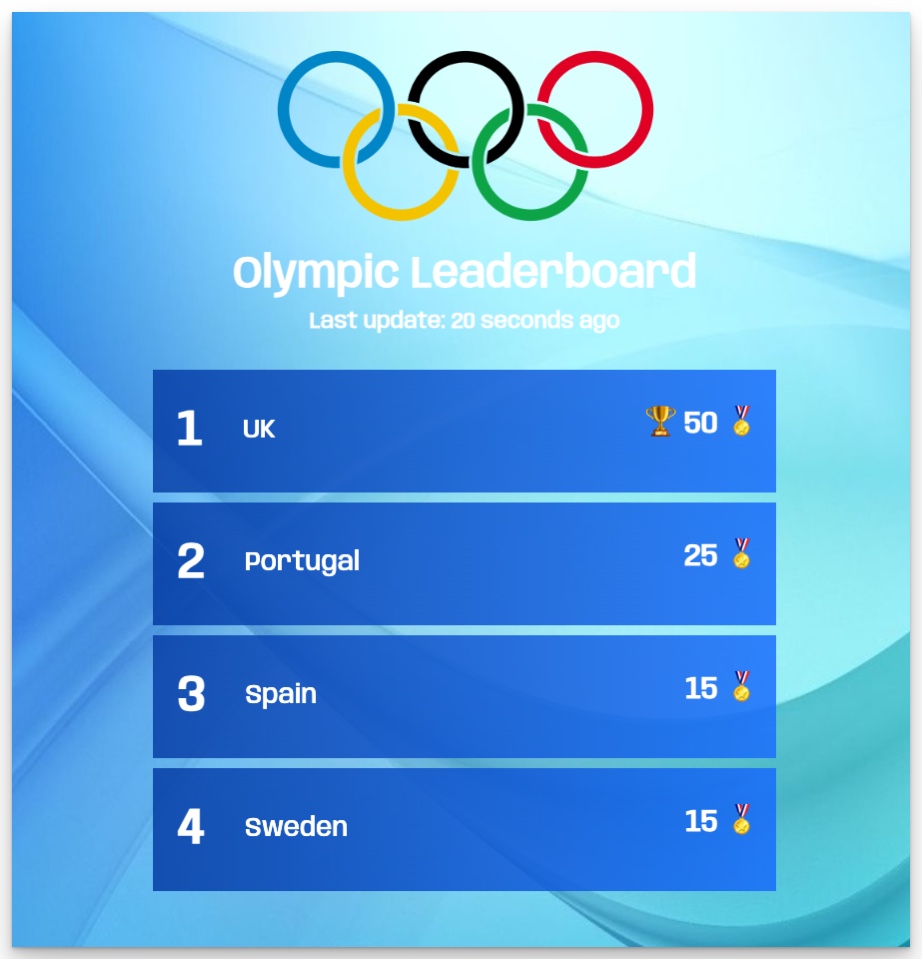
Here’s how to quickly set up your leaderboard:
- Click on the button above to begin.
- Enter details like team names or individual students.
- Click on "CREATE LEADERBOARD" and you will see your newly created leaderboard.
- Customize the leaderboard with themes that suit the classroom environment. You can read more about what you can customize in the customization guide.
- Explore settings to further tailor the leaderboard to your needs.
Classroom Olympic Activities
Incorporating Olympic-themed activities in the classroom can be both educational and fun. Here are some suggested activities.
These activities aim to cover a broad range of subjects and skills, from physical education to science, math, geography, and the arts, making the Olympic-themed learning comprehensive and engaging.
NOTE Not all of these activites require a leaderboard. They are included for the sake of completeness!
- Olympic Torch Relay Simulation: Have students create their own torches and organize a relay around the school to simulate the Olympic torch relay, teaching about its historical significance and promoting teamwork.
- Host an Opening Ceremonies Event: Let students plan and execute an opening ceremony, which could include a parade of nations where each student represents a different country, creating flags, and giving a short presentation about their chosen country.
- Create Your Own Olympic Games: Beyond typical sports, include activities like chess or a spelling bee to incorporate intellectual competitions, reflecting the ancient Greek ideal of a balanced mind and body.
- Olympic Geography Challenge: Use the Olympic participant list to challenge students to locate each country on a map, learn capital cities, and share a unique fact about each country.
- Design an Olympic Medal: Incorporate art by having students design and create their own Olympic medals using various materials, encouraging creativity and discussion about what makes a design symbolic and meaningful.
- Cultural Exchange Fair: Host a fair where students present on the unique cultural practices, foods, and arts of the countries participating in the Olympics. This can also be tied into a potluck of international dishes.
- Olympic Sports Science Experiments: Explore the physics of sports through experiments, such as calculating the angle and force of a javelin throw or the aerodynamics of different swimming strokes.
- Interview with an Athlete: If possible, arrange a virtual guest speaker session with an athlete or use videos of interviews to help students prepare questions and learn from the experiences of Olympians.
- Olympic Values Education: Discuss the core Olympic values of excellence, friendship, and respect, and have students create projects or presentations on how these values can be applied in everyday life.
- Classroom Olympic Quiz: Test students on Olympic trivia, including history and records. Update scores live as students answer questions.
- Athlete Draft: Students select athletes and earn points based on their performances, mirroring fantasy sports leagues.
- Medal Predictions: Before events, students predict medalists. Points are awarded for accuracy, with bonuses for exact medal matches.
- International Cook-off: Students prepare and present dishes from different countries, with points for authenticity and creativity.
- Sportsmanship Recognition: Acknowledge students demonstrating spirit, enthusiasm, or fair play throughout the activities.
- Olympic Writing Projects: Have students write diary entries imagining they are Olympic athletes, or create persuasive letters to the International Olympic Committee advocating for their favorite sports to be included in the Olympics. This encourages creativity and helps develop writing skills.
- Maths with Olympics: Utilize statistics from past Olympic Games to create math problems. This could involve calculating scores, comparing medal counts, or even planning budgets for attending various Olympic events. These activities integrate real-world data into math lessons, making them more engaging and relevant. You could also run a math quiz.
- Scientific Inquiry in Sports: Explore the science behind Olympic sports by studying the human body, the materials used in equipment, and the nutritional needs of athletes. This can help students understand the application of science in sports and health.
- Design and Technology: Let students design a website or a simple video game based on the Olympics. This can teach them about technology, design principles, and digital communication.
- Cultural and Geographical Exploration: Create projects where students research the countries participating in the Olympics, their cultures, and geographical features. This enhances their global awareness and research skills. You could also integrate this into a reading program.
By incorporating these activities, you not only make learning more fun but also use the global appeal of the Olympics to teach a variety of subjects. This approach helps in keeping students motivated and eager to learn more about the world around them.
Costs and Options
Starting is free with ads supporting the platform. A premium option is available, which removes ads and introduces additional features.
Educators using Keepthescore.com are eligible for a 50% discount!
